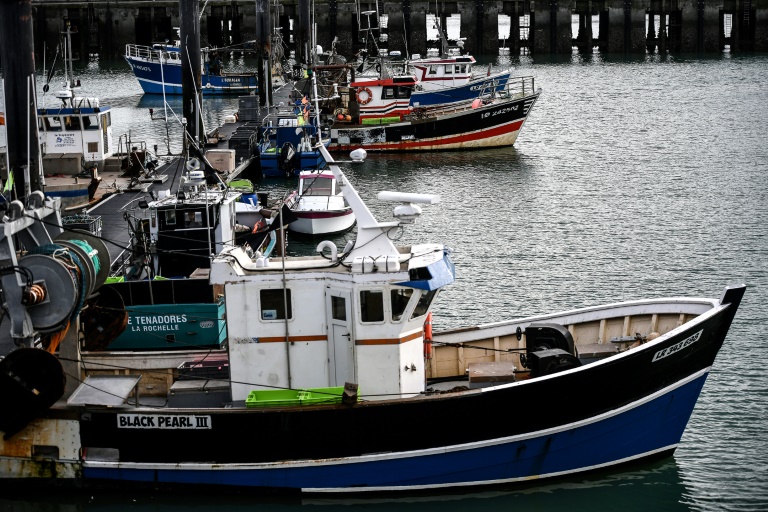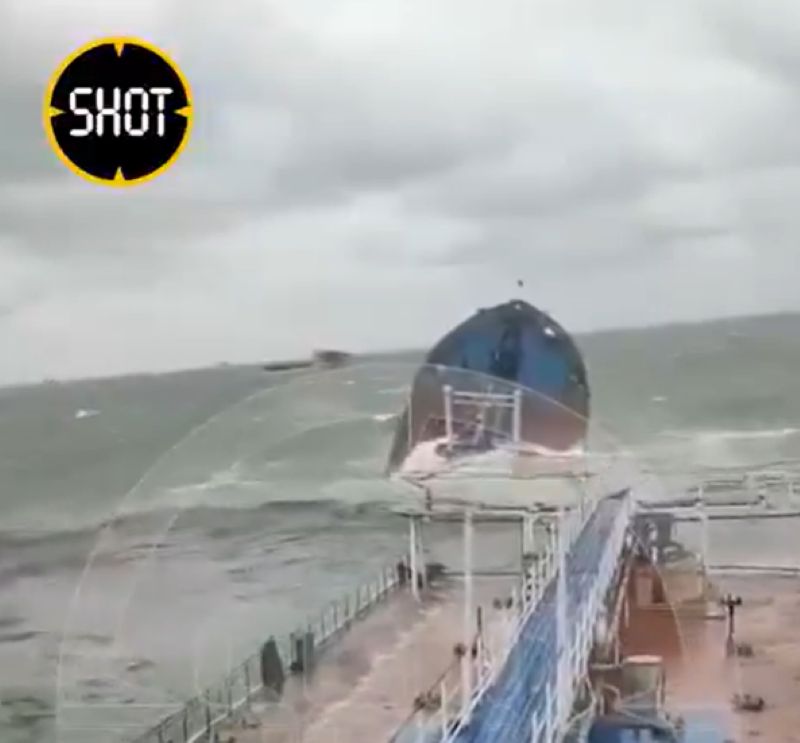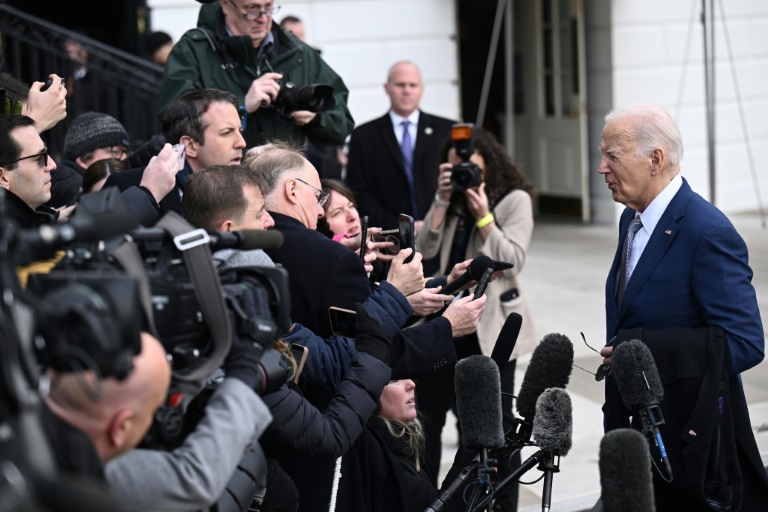The French government will temporarily ban almost all commercial fishing in the Bay of Biscay to protect dolphins, much to the dismay of the industry.
The month-long ban off the country’s West coast — the first since the end of World War II — is set to begin Monday and applies to both French and foreign fishermen. It follows calls by environmental activists to protect the marine mammals, pointing to a surge in dolphin deaths on the Atlantic coast.
From Finistere in the extreme west of Brittany to the Spanish border, fishing will cease almost entirely until February 20.
On Thursday, the French government broadened the ban to all ships, regardless of origin, while promising to support fishermen and fishmongers. The ban was originally ordered by the country’s top administrative court, the State Council.
CIEM, a scientific body that tracks North Atlantic ecosystems, has for years urged a winter pause for some indiscriminate fishing techniques, meeting fierce resistance from industrial fishermen.
The organisation estimates that around 9,000 dolphins die each year off the French Atlantic coast as a result of accidental capture.
The ban concerns boats longer than eight metres and will affect around 450 French vessels.
Fishermen and industry groups decried the temporary measure.
“It’s absurd to stop businesses like this for a month,” Raymond Millet, a fisherman from La Rochelle, a city on France’s west coast, told AFP.
Millet, who has been a fisherman for the past forty years, said that vessels nine to 11 meters long “are not the kind of boats that fish for dolphins”.
Franck Lalande, an owner of two boats in the southwestern city of Arcachon, said he feared the ban would cause “social problems”.
He said the compensation payments promised by the authorities were insufficient.
The French National Fisheries Committee (CNPMEM) denounced “extremist NGOs”, claiming that the marine mammals are “not endangered”.
Fish processing companies estimate they could lose more than 60 million euros ($65 million) because of the ban.
On Thursday, the government promised to support the industry and would activate “partial unemployment measures and specific aid, if necessary”.
Some fishermen hinted they might go out to sea despite the threat of prosecution, but local authorities promised to intensify patrols.
Philippe Garcia, head of an association called Protection of Aquatic Environments (DMA), said it was in fishermen’s interest to observe the ban.
“If the fishermen don’t play along, it’s counter-productive for them,” he said, as dolphin deaths would strengthen the environmentalists’ case.
AFP







